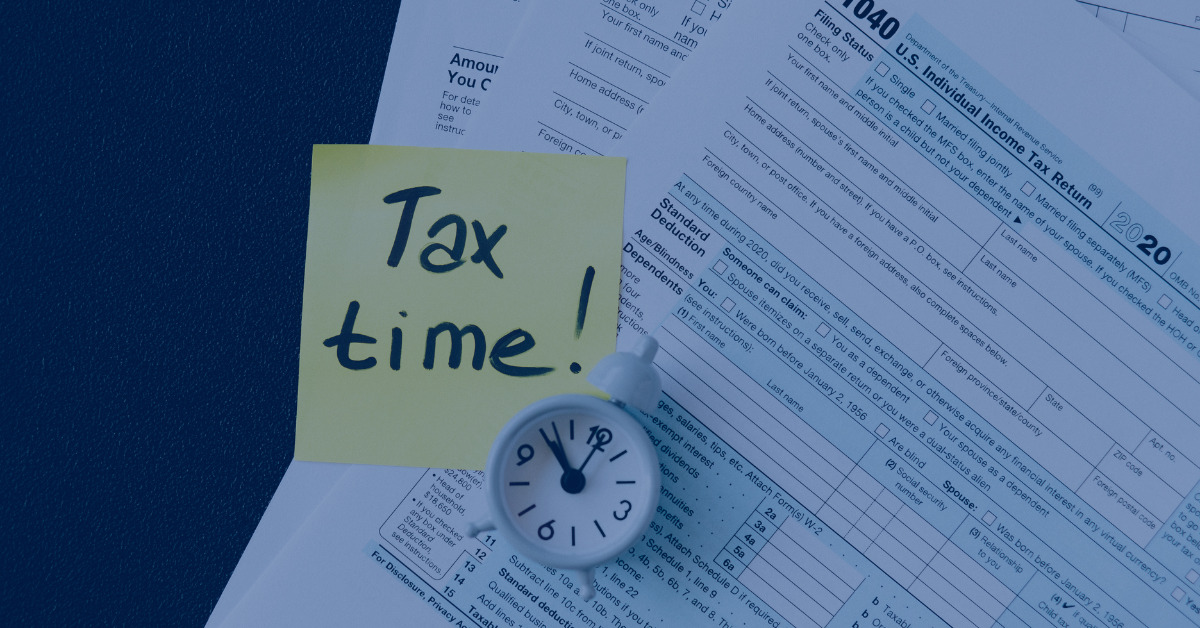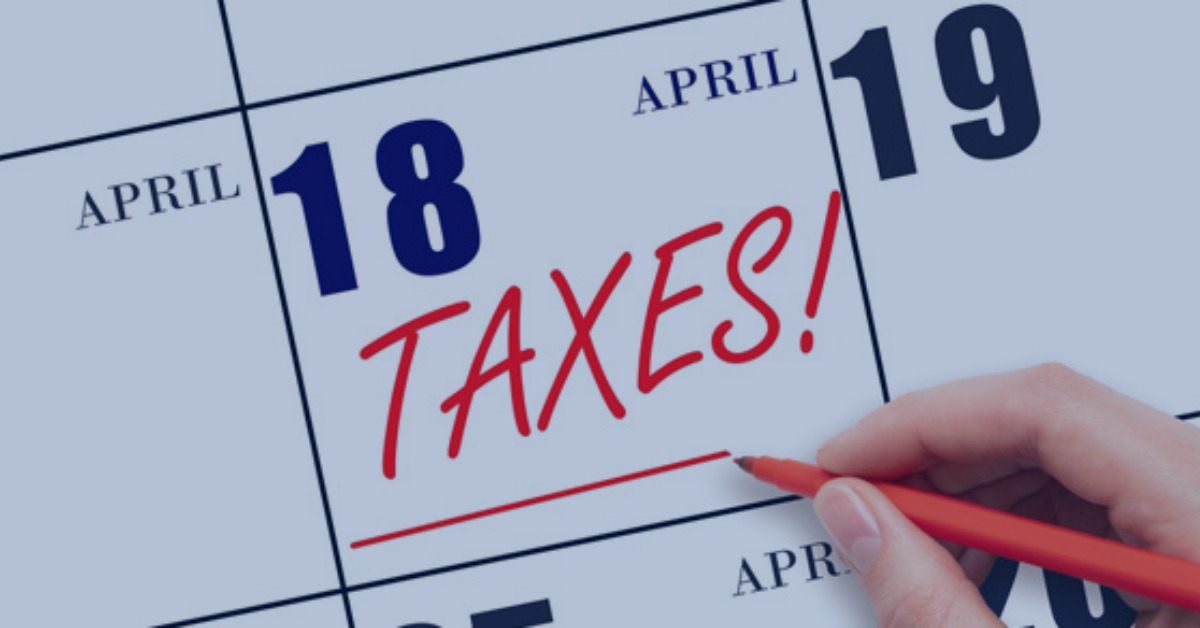The April 15 tax filing deadline is right around the corner. However, you might not be ready to file. Sometimes, it’s not possible to gather your tax information by the due date. If you need more time, you should file for an extension on Form 4868. An extension will give you until October 15 to file and allows you to avoid “failure-to-file” penalties. However, it only provides extra time to file, not to pay. Whatever tax you estimate is owed must still be sent by April 15, or you’ll incur penalties — and as you’ll see below, they can be steep. Two different penalties Separate penalties apply for failing to pay and failing to file.
The failure-to-pay penalty runs at 0.5% for each month (or part of a month) the payment is late. For example, if payment is due April 15 and is made May 25, the penalty is 1% (0.5% times 2 months or partial months). The maximum penalty is 25%. The failure-to-pay penalty is based on the amount shown as due on the return (less amounts paid through withholding or estimated payments), even if the actual tax bill turns out to be higher.
On the other hand, if the actual tax bill turns out to be less, the penalty is based on the lower amount. The failure-to-file penalty runs at the more severe rate of 5% per month (or partial month) of lateness to a maximum 25%. If you file for an extension on Form 4868, you’re not filing late unless you miss the extended due date. However, as mentioned earlier, a filing extension doesn’t apply to your responsibility for payment. If the 0.5% failure-to-pay penalty and the failure-to-file penalty both apply, the failure-to-file penalty drops to 4.5% per month (or part) so the combined penalty is 5%. The maximum combined penalty for the first five months is 25%. Thereafter, the failure-to-pay penalty can continue at 0.5% per month for 45 more months (an additional 22.5%).
Thus, the combined penalties can reach a total of 47.5% over time. The failure-to-file penalty is also more severe because it’s based on the amount required to be shown on the return, and not just the amount shown as due. (Credit is given for amounts paid through withholding or estimated payments. If no amount is owed, there’s no penalty for late filing.) For example, if a return is filed three months late showing $5,000 owed (after payment credits), the combined penalties would be 15%, which equals $750. If the actual liability is later determined to be an additional $1,000, the failure-to-file penalty (4.5% × 3 = 13.5%) would also apply to this amount for an additional $135 in penalties. A minimum failure-to-file penalty also applies if a return is filed more than 60 days late. This minimum penalty is the lesser of $485 (for returns due after December 31, 2023) or the amount of tax required to be shown on the return.
Exemption in certain cases Both penalties may be excused by the IRS if lateness is due to “reasonable cause” such as death or serious illness in the immediate family. Interest is assessed at a fluctuating rate announced by the government apart from and in addition to the above penalties. Furthermore, in particularly abusive situations involving a fraudulent failure to file, the late filing penalty can jump to 15% per month, with a 75% maximum.
If you have questions about filing Form 4868 or IRS penalties, contact us. © 2024


